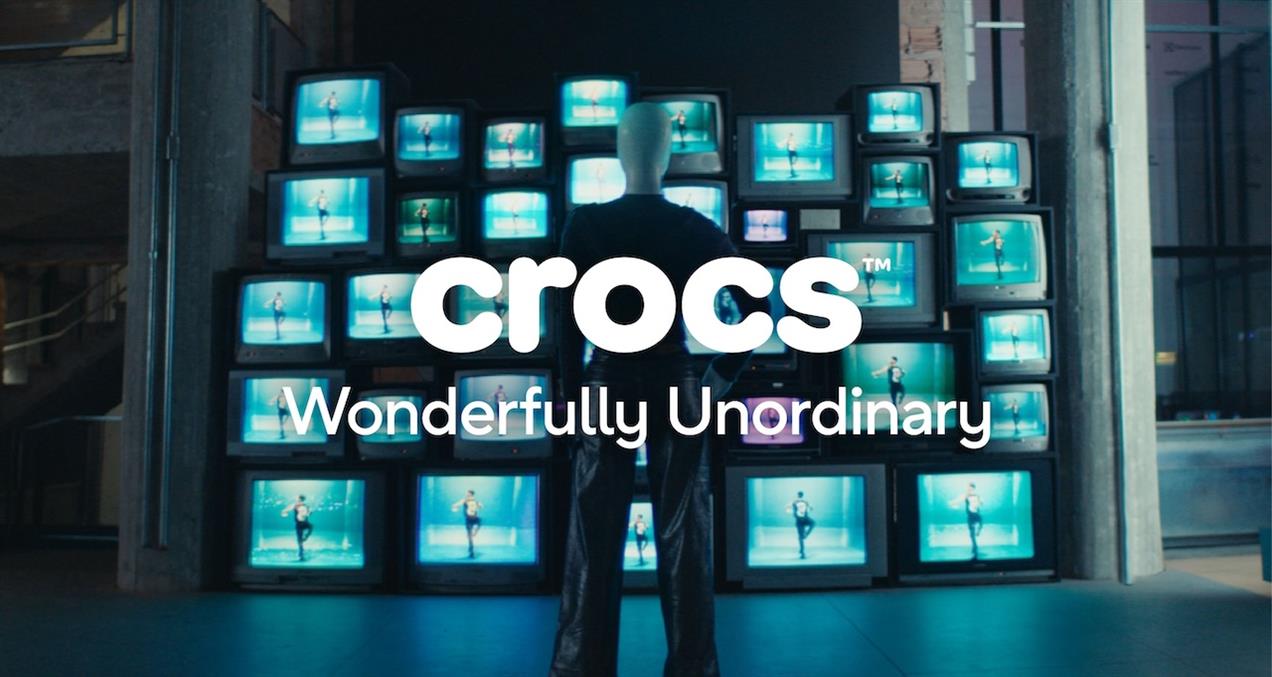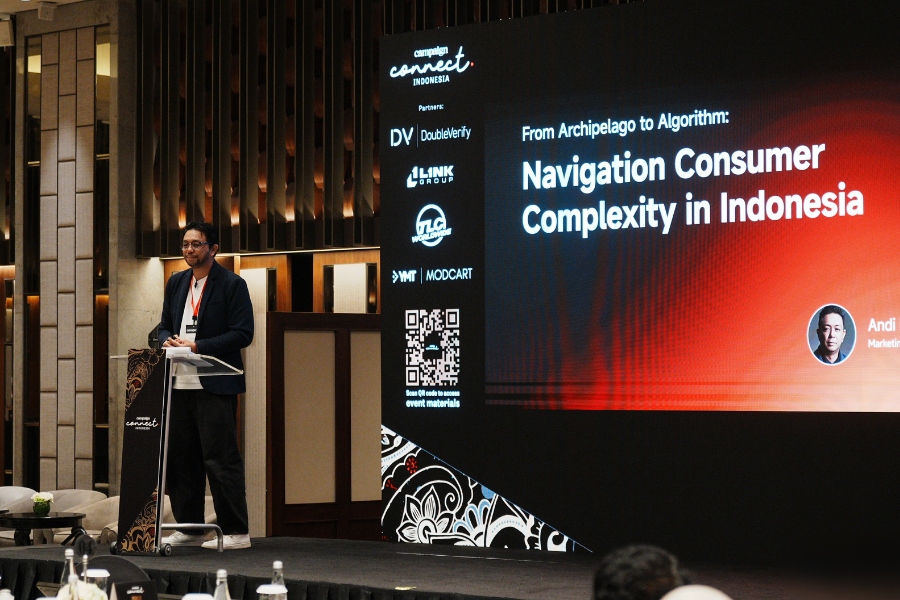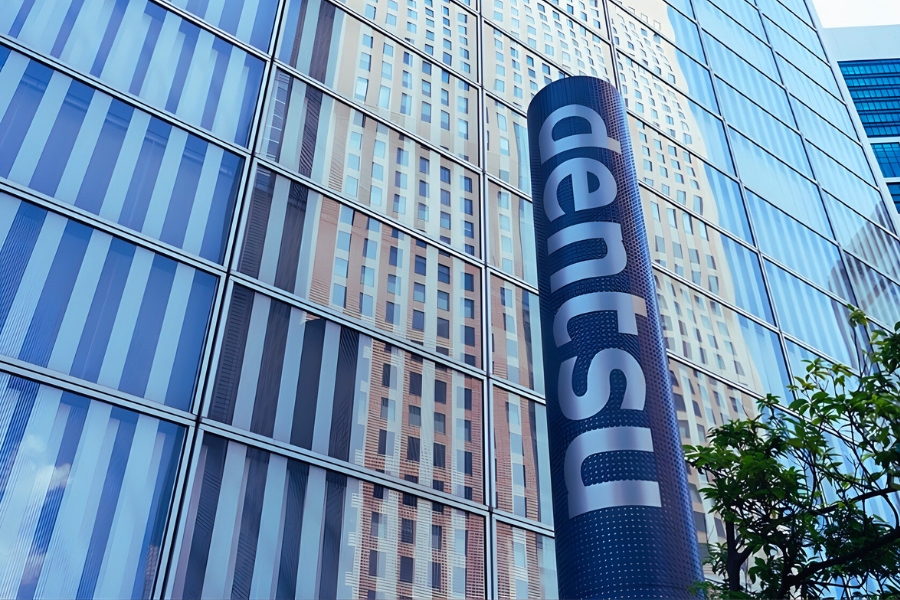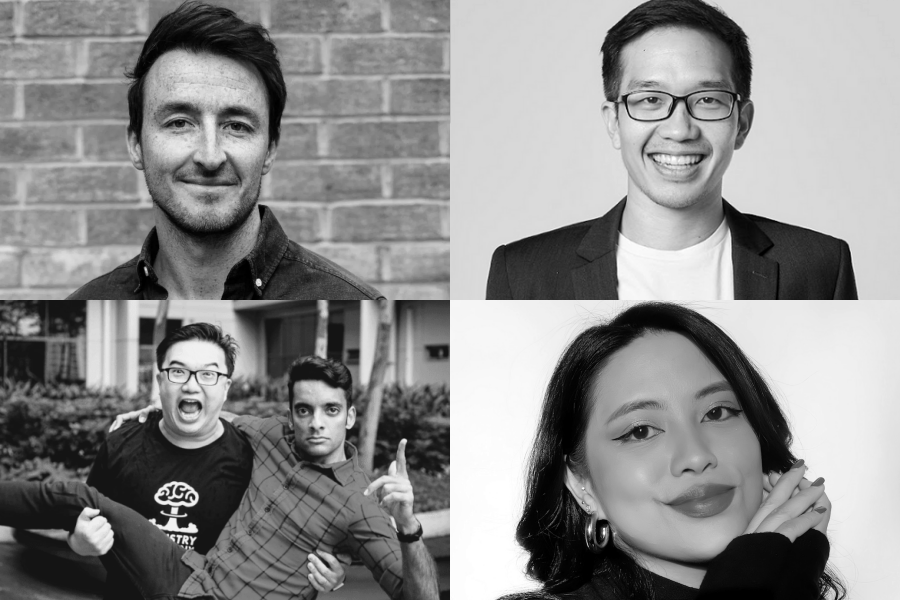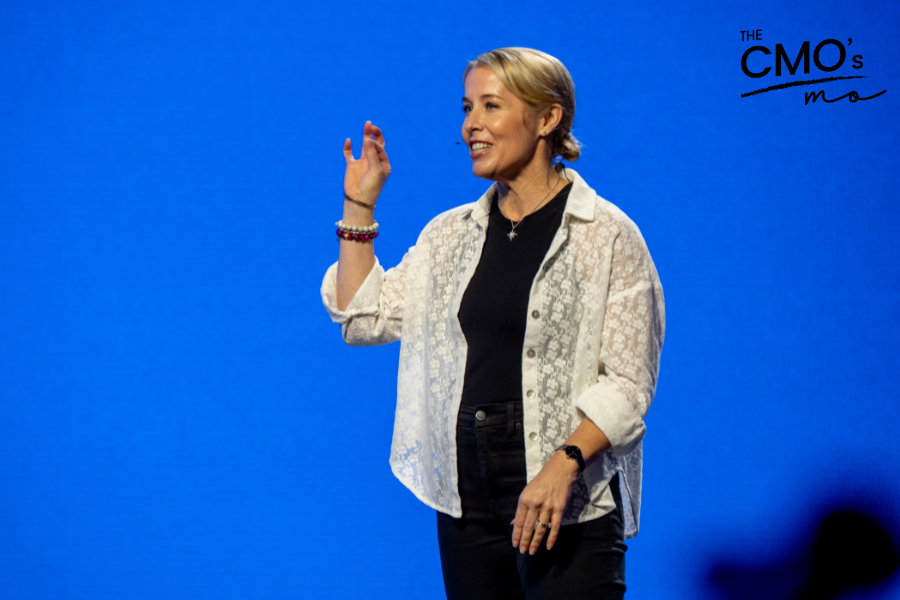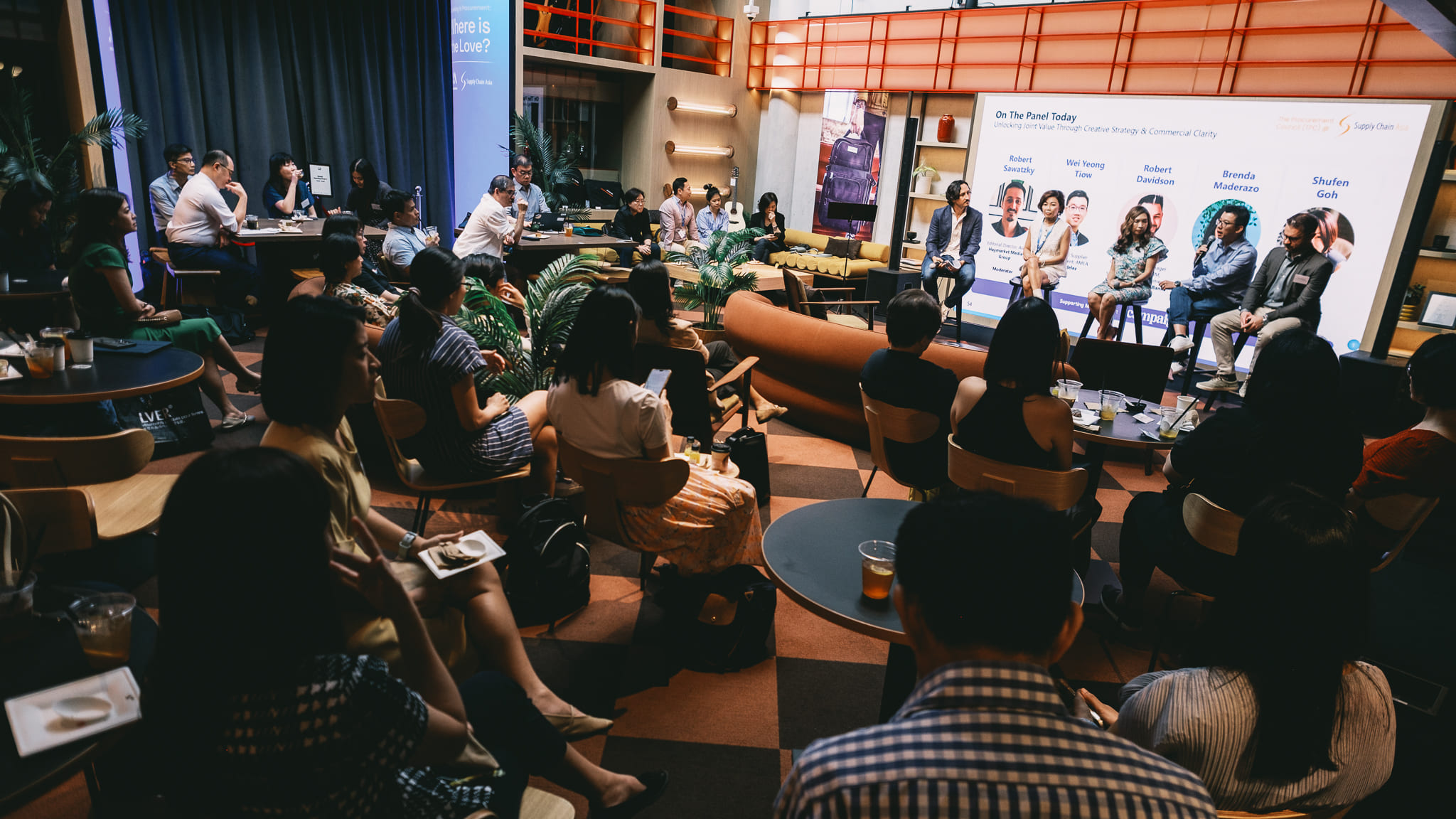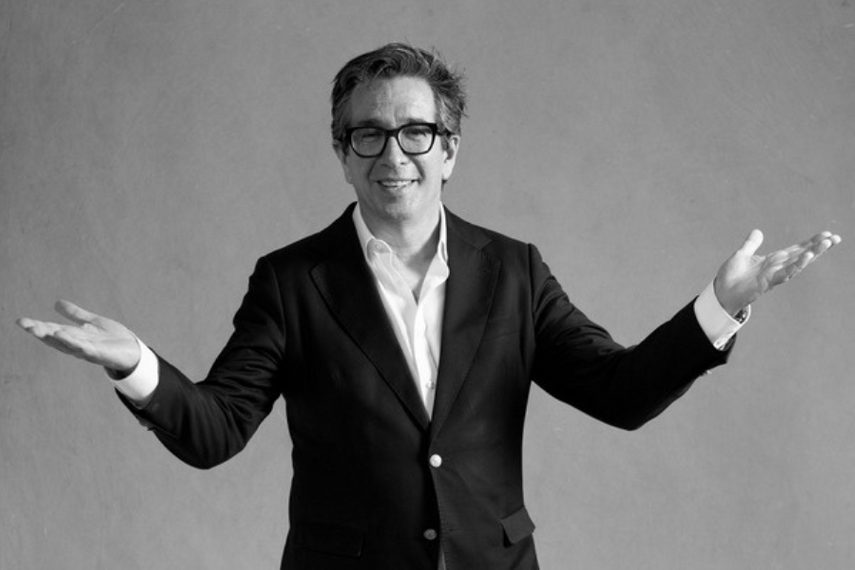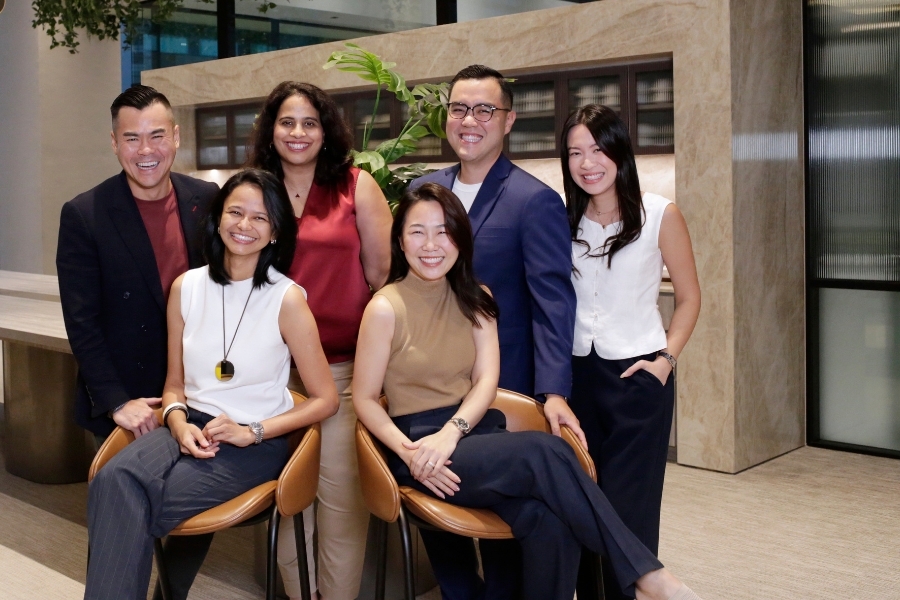Ever since the discussion around the advertising agency working environment and its unhealthy characteristics began in earnest last year, the focus has been on Dentsu. That ignores the scale of the problem, and what other companies are trying to do to fix it.
Campaign sought to speak to each of Japan’s biggest three agencies about the work reform measures they are implementing. While Hakuhodo declined an interview on the topic, ADK was more forthcoming.
Recognising that it, like many, has a problem, Japan’s third-largest agency recently hired an experienced HR director from outside the advertising industry. The objective is to gain a fresh perspective that people who have worked in advertising, and often a single company, their entire career, lack. Toyohiko Matsuzawa, who built his career at a large Japanese trading company, said he admired the passion of many people working in the advertising industry but also that mindsets need to change.
“People think the more time I put in, the more I will achieve,” he said. “One reason behind this is that in a client-based business there is a superior-subordinate relationship between clients and agencies. In other industries we are on more equal terms. So clients are in a much more advantageous position. They have more power.”
Like Dentsu, ADK has set up a committee to determine areas for improvement. It has also begun seeking anonymous feedback from staff through ‘satisfaction surveys’. Part of the motivation is to ensure the company doesn’t break any laws. But the main reason to change is to enhance the engagement of staff, Matsuzawa said.
Things are still in their early stages, and for the most part, ADK is encouraging staff to change their working habits rather than forcing them to do so. The company has had a policy of turning the lights off at 10pm (something Dentsu introduced late last year) for four years, apparently with minimal results. This year, it took things a step further by making Wednesdays ‘no overtime’ days. Around 70% of employees reportedly leave the office by 7pm on that day.
To cut inefficiency, ADK has introduced a timesheet system whereby employees log their activities throughout the day. One long-term staff member called it “a nuisance, but also good because I can analyse how I’m spending my time”. ADK has started to analyse the results in order to gain a big picture look at inefficiency throughout the organization.
ADK also aims to become an industry leader in enabling remote working and telecommuting. That is unlikely to be straightforward. ADK has yet to introduce its pilot program, but it received a mixed response from clients when it informed them of its intention to do so. Matsuzawa said that while foreign clients generally responded favourably, a number of domestic clients pushed back, calling the idea “nonsense”.
“They asked, who do you think you are?” he said. “We know that it will take time. So we are trying to deal with them tenaciously.”
Clients are beyond ADK’s immediate control. But it can devise better ways to control its own managers. From January, the company plans to tie the productivity of each division to the head of that division’s compensation. In theory at least, the managers who run the most efficient operations, with the least overtime, will come out best financially.
To combat workplace bullying, and the sense of recent graduates can sometimes feel, ADK operates a ‘buddy’ system: prospective and new joiners choose a slightly more experienced peer as a mentor. It’s designed to enable a frank exchange of information and gives people a channel to talk about their concerns and any difficulties they may be experiencing, including harassment or exploitation.
While these measures are encouraging, ADK has not yet decided on KPIs to assess the effectiveness of any reforms. Matsuzawa said working hours generally speaking are declining while profit is increasing. “I don’t know whether there’s a direct link,” he admitted, “but I can say we are heading in the right direction.”
Following Bain Capital’s move to buy ADK, the company has talked of a pressing need to modernise the way it does business. Creating a better working environment will prove critical not just for existing staff, but as a means of attracting the kind of people it needs to be competitive in the future. “We are behind Dentsu and Hakuhodo in business terms,” Matsuzawa said. “But we want to be a company that attracts really talented people.”
This article is part of a series on work reforms in Japanese advertising. Read about Dentsu's reform program here. Read all our coverage of the overwork issue here.


